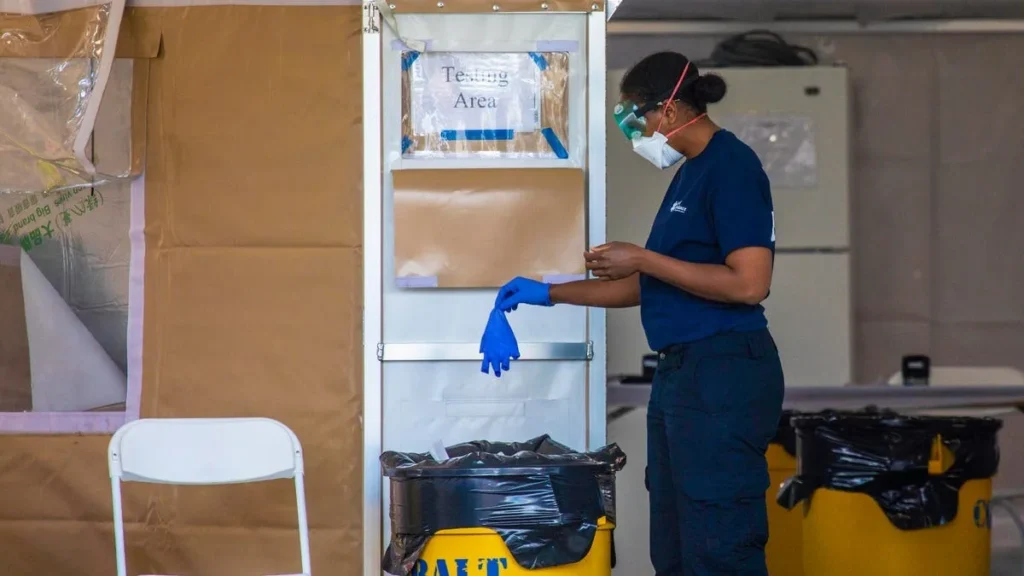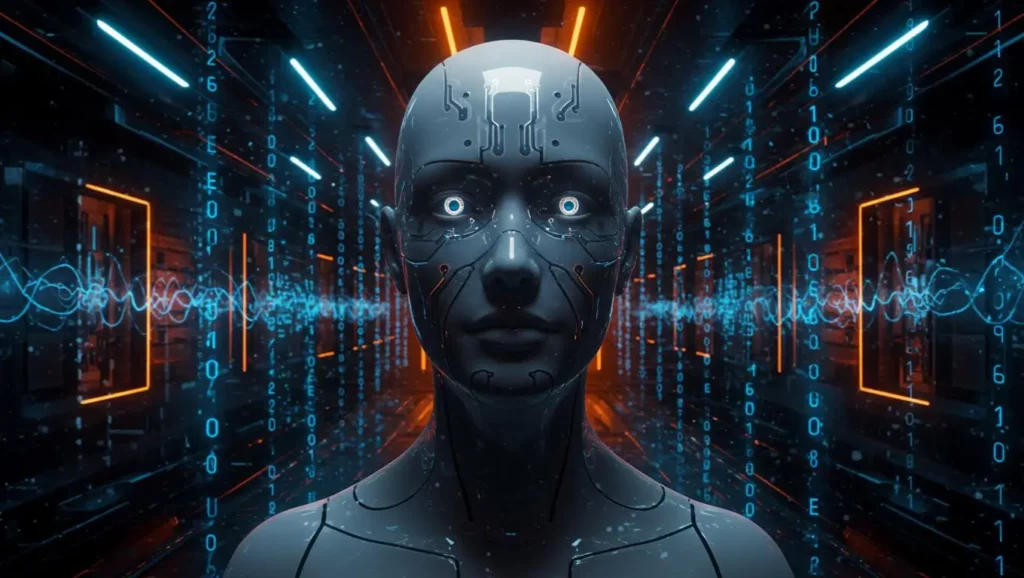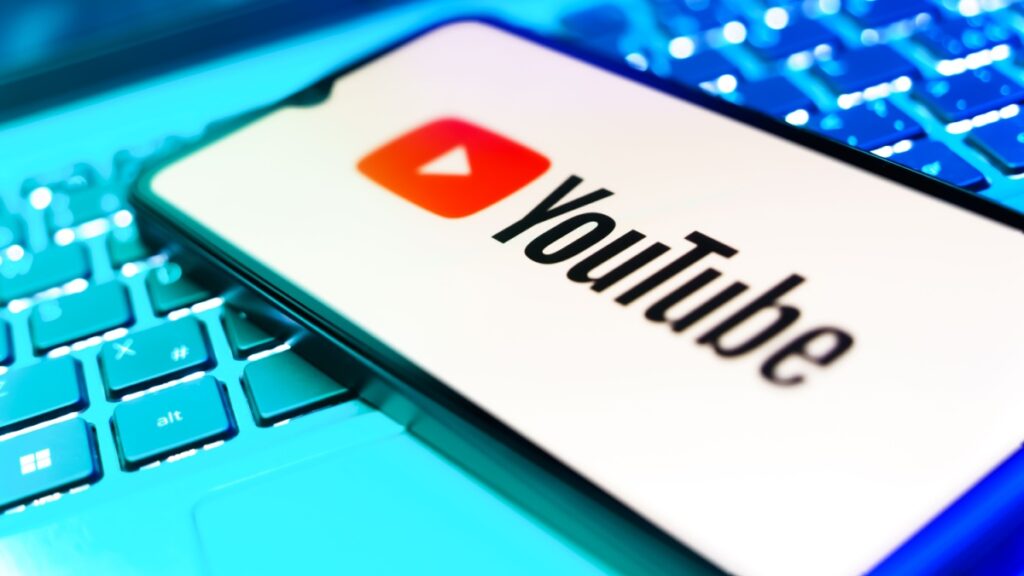OpenAI turns to health: Intelligent medical assistant to unify health records
OpenAI, the company behind ChatGPT, is preparing to tackle one of the biggest challenges in healthcare: the universal personal medical record. According to an exclusive report from Business Insider, OpenAI is developing consumer health applications, including an AI-powered health assistant capable of integrating a user’s medical records.
With this initiative, OpenAI aims to succeed where Google, Amazon, and Microsoft have failed for over a decade, leveraging its vast user base—over 800 million people are already using ChatGPT, with a significant portion for health-related inquiries.
A Long-held Tech Dream: The Universal Health Record
The idea of a centralized digital medical record that aggregates an individual’s medical history, test results, and health data has captivated Silicon Valley for more than 15 years.
However, past attempts have failed, hindered by:
- Privacy concerns,
- Interoperability issues between medical systems,
- And user distrust in sharing sensitive data.
OpenAI is betting on its strength: a natural, accessible, and familiar conversational interface to simplify the relationship between users and their medical data.
The Failures of Google, Amazon, and Microsoft: A Warning
Google Health (2008–2012) attempted to serve as a central health data service but shut down after a backlash over privacy. Microsoft launched HealthVault (2007–2019), promising secure storage but never gained traction. Finally, Amazon Care & Halo (2019–2023) faced scrutiny for its data collection practices, with one service discontinued and the other criticized.
These failures highlight the difficulty of innovating in a field governed by strict laws like the American HIPAA, while also building public trust.
A High-Caliber Health Team at OpenAI
To succeed where others have faltered, OpenAI is recruiting key figures from the industry:
- Nate Gross, co-founder of Doximity, has been appointed Head of Healthcare Strategy.
- Other former executives from Meta and Instagram have joined the company to blend social engagement with medical innovation.
At the HLTH 2025 conference, Nate Gross discussed the potential of AI in health, particularly through personal tracking assistants capable of real-time analysis of medical data and personalized recommendations.
A Major Challenge: Data Privacy
However, this ambition comes with a colossal challenge: protecting personal medical information. Voices are already rising on X, accusing such projects of “threatening medical confidentiality” or of “allowing insurers to exploit data to deny care”.
OpenAI attempts to reassure: “ChatGPT can provide general health information but will never offer personalized medical advice”, said a spokesperson quoted by Business Insider.
Experts emphasize that success will hinge on the transparency of data handling and compliance with regulations like HIPAA and HITRUST.
Interoperability: The Puzzle That AI Can Solve
One of the major obstacles in digital health systems is interoperability, meaning the ability of different systems (hospitals, laboratories, insurers) to communicate with each other.
Here, OpenAI may have an advantage:
- Its Gemini and GPT-5 models can already analyze, classify, and organize complex data from multiple sources.
- ChatGPT could unify information from electronic health records (EHR), wearable devices, and medical reports, making them accessible through dialogue.
What OpenAI’s Health Assistant Could Do
According to internal sources, the assistant would analyze test results and health trends, provide follow-up reminders, explain symptoms or treatments, and integrate with existing applications (Apple Health, Fitbit, etc.) to enhance its analyses.
In short: a personal and conversational health advisor capable of connecting all your data without leaving your phone.
A Potentially Colossal Impact on the Medical Ecosystem
If successful, OpenAI could disrupt:
- Major medical record companies like Epic Systems and Cerner,
- Insurers spending billions on data management,
- And health startups seeking to simplify patient tracking.
Investors view this as a historic opportunity: a “iPhone moment for digital health”, according to StockTwits, provided user trust is earned.
To succeed, OpenAI will need to work closely with regulators and involve healthcare professionals to ensure human oversight of recommendations.
OpenAI aims to create not just a simple “digital medical record”, but an intelligent interface between individuals and their well-being. Its future health assistant could transform prevention by anticipating risks, improve understanding by simplifying medical data, and enhance the patient-doctor relationship by making it more fluid and informed.
But before that, OpenAI must prove it can innovate without betraying trust in an industry where privacy is not an option but a promise.




